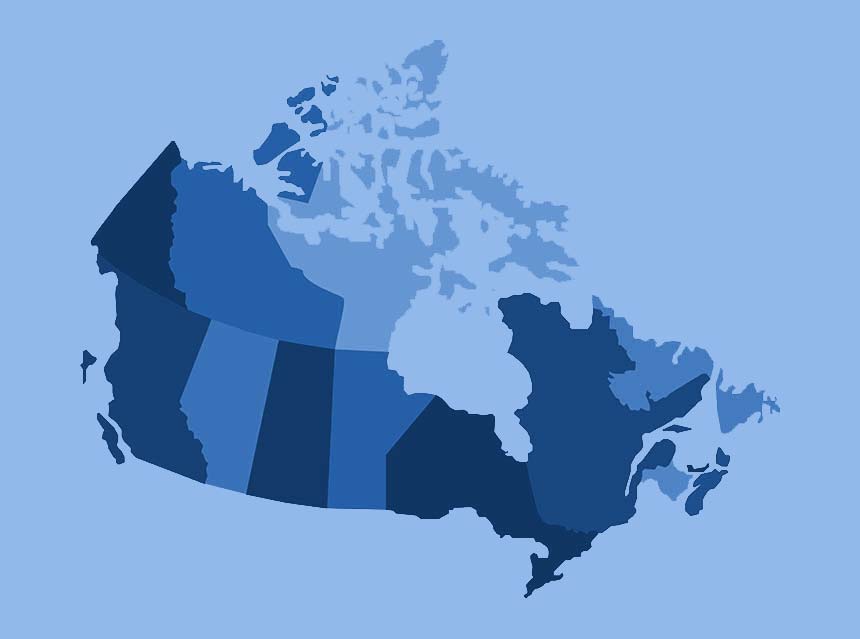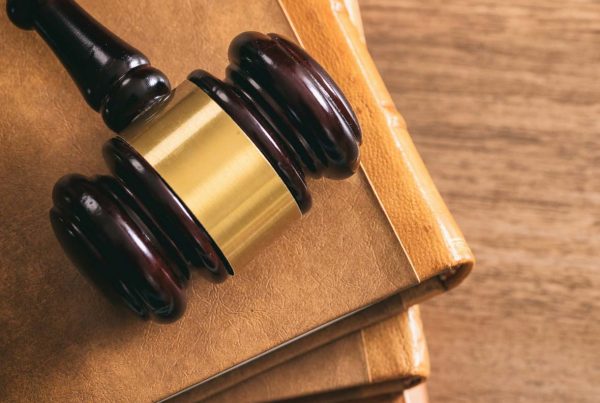Emergency management orders can be made by federal, provincial, and municipal levels of government, where they are pre-authorized by legislation. These orders are prescribed by different laws in different provinces and territories and also the federal law. These orders do not necessarily require that the government declare an emergency. Many emergency powers do not require any such declaration of emergency.
Once a state of emergency is declared, however, the declaring level of government can access very broad powers to do that which is prescribed in the legislation, such as shutting down businesses and other locations, suspending many civil liberties (i.e. making it illegal to gather in groups more than 50 people). The legislation empowers the government to do that which it feels is necessary to safeguard the public. There are usually time limits put on how long these orders can be put in place. We will be updating you as jurisdictions across Canada invoke such measures.
Currently (3/22/2020) all provinces or territories in Canada have declared a state of emergency (BC, Ontario, Manitoba, New Brunswick, Newfoundland and Labrador, Nova Scotia, Saskatchewan) or a public health emergency (Alberta, PEI, and Quebec). Nunavut, the Northwest Territories and Yukon all declared states of public health emergency as well. Each province or territory has different emergency regulations, with powers which may include closing bars, nightclubs, restricting restaurants ability to serve people, restrictions on public gatherings, not allowing people to visit hospitals or retirement homes, etc.
CCLA is monitoring the situation to ensure that in these times of fear the government does not overstep its powers and restrict civil liberties in an unjustified way. Everything that governments and public officials do must be prescribed by law; and those laws need to be consistent with our Constitution. We will need your help because our staff of 10 cannot possibly stay on top of every legal change in every region. If you are willing to update us by Twitter, please message us @cancivlib.
UPDATES:
Nova Scotia become the final province/territory to declare a State of Emergency on March 22, 2020. They did so under their Emergency Management Act, and published both the Declaration of a Provincial State of Emergency, and a Ministerial Direction under that State of Emergency. This directive closes parks and beaches and mandates border checks for those entering the province.
FREQUENTLY ASKED QUESTIONS ABOUT EMERGENCY POWERS IN CANADA:
What’s the difference between declaring a provincial state of emergency or a public health emergency?
States of emergencies are declared under general emergencies law (these can also be invoked in natural disasters, for example), while public health emergencies are declared under the public health law. While the laws vary between the provinces, the main difference between a state of emergency and a public health emergency is that in the former, broad powers are handed to the premier or the governor-in-council, while in the latter, broad powers are handed to the health minister or the chief medical officer. Which type of emergency a provincial government chooses to declare depends on what powers are available under the specific laws of that province and which measures that the government thinks it needs.
What does declaring a state of emergency empower a government to do?
While federal, provincial, and municipal laws differ, the overall effect of a state of emergency is to grant government vast powers of control, including restricting movement, shutting down businesses, or establishing emergency buildings. Some provincial emergency acts even include ‘catch-all’ clauses that enables the relevant authority to do anything that they reasonably believe is necessary to address the emergency. Thus far, provincial governments have largely used their emergency powers to shutter non-essential businesses and to ban gatherings of large sizes (such as above 50 people).
How is a federal state of emergency different?
The federal government can invoke the Emergencies Act when an urgent situation “seriously endangers lives, health or safety of Canadians and is of such proportions or nature as to exceed the capacity or authority of a province to deal with it” (section 3). A federal state of emergency hasn’t been called since then-Prime Minister Pierre Trudeau invoked the War Measures Act during the FLQ crisis in October 1970. The Act was updated and renamed in 1988. Because the federal act would take some powers away from the provinces, and because evoking the Act triggers a mandatory inquiry and public reporting requirements after its use, academics who study the use of such measures are divided as to whether it is likely to be used during the covid-19 pandemic. The primary purpose might be to facilitate the authorization of emergency payments, regulate distribution of essential goods and services to ensure equal access across Canada, and/or to regulate or prohibit travel. Time limits on the federal act are longer than most provincial acts. For example, while Ontario’s emergency declaration expires or must be extended by cabinet after 14 days, a federal declaration would expire in 90 days unless revoked or extended in accordance with the Act.
What are the penalties for breaching an emergency order?
The penalties differ by province but can include huge fines and incarceration. For example, the maximum penalty on a first offence for an individual who breaches an emergency order in Newfoundland is a fine of up to $2,500 and/or a jail term of six months; for a corporation, the maximum fine is $50,000. However, the penalties are worse in Ontario: the maximum penalty for an individual is a fine of up to $100,000 and/or a jail term of up to one year; for a director or officer of the corporation, the maximum fine is up to $1,000,000 and/or a jail term of up to one year; for a corporation, the maximum fine is $10,000,000.
What are some of the questions I might want to ask my political representatives about their decision to declare a state of emergency?
What specific measures did you need to take that were not available to you before you declared the state of emergency? How long is this state of emergency going to last? What steps are you taking to ensure that emergency orders are minimally intrusive and respectful of civil liberties? Where is the written text of the specific measures declared and how can I access it?
What rights are at risk during a state of emergency and how should governments balance risks and rights during times of crisis?
In exceptional situations, governments may need to limit rights, and this is recognized in international treaties and domestic law. However, even in states of emergency, such restrictions must be demonstrably necessary, appropriately narrow, and have an expiration date—and some rights, such as the right to life, cannot be infringed. Since a state of emergency grants the government vast powers to influence almost every aspect of public life, many rights could come into play, depending on the government action. For example, a ban on gatherings of 50 or more persons would engage the rights to freedom of assembly. Governments should balance risks and rights in times of crisis by taking action that is based on expert scientific advice, conducting human rights impact assessments before taking action, and making all of their declarations public so that public watchdog groups like CCLA can scrutinize the measures.
How can I tell which act(s) my provincial or territorial government has invoked?
CCLA has made a list to assist you–stay tuned for updates. This is accurate as of March 20 but things change rapidly and if you see we’ve missed something or have fallen behind, please let us know.
- Alberta declared a Public Health Emergency on March 17/2020, using their Public Health Act
- BC declared a Public Health Emergency on March 17/2020, using their Public Health Act
- Manitoba declared a State of Emergency on March 20/2020, using their Emergency Measures Act.
- New Brunswick declared a State of Emergency on March 19/2020, using their Emergency Measures Act.
- Newfoundland and Labrador declared a Public Health Emergency on March 18/2020, using their Public Health and Promotion Act.
- Northwest Territories declared a Public Health Emergency on March 18/2020, using their Public Health Act.
- Nova Scotia declared a State of Emergency and put in place travel restrictions based on a Ministerial Directive under that Act on March 22/2020 using their Emergency Management Act.
- Nunavut declared a Public Health Emergency on March 18/2020 using their Public Health Act.
- Ontario declared a State of Emergency (with 3 Orders in Council, 518, 519 and 520) on March 17/2020 using their Emergency Management and Civil Protection Act.
- Prince Edward Island declared a Public Health Emergency on March 16/2020, using their Public Health Act.
- Quebec declared a Public Health Emergency on March 12/2020 using their Public Health Act.
- Saskatchewan declared a State of Emergency on March 18/2020, using their Emergency Planning Act.
- Yukon declared a Public Health Emergency on March 18/2020, using their Public Health and Safety Act.
About the Canadian Civil Liberties Association
The CCLA is an independent, non-profit organization with supporters from across the country. Founded in 1964, the CCLA is a national human rights organization committed to defending the rights, dignity, safety, and freedoms of all people in Canada.
For the Media
For further comments, please contact us at media@ccla.org.





